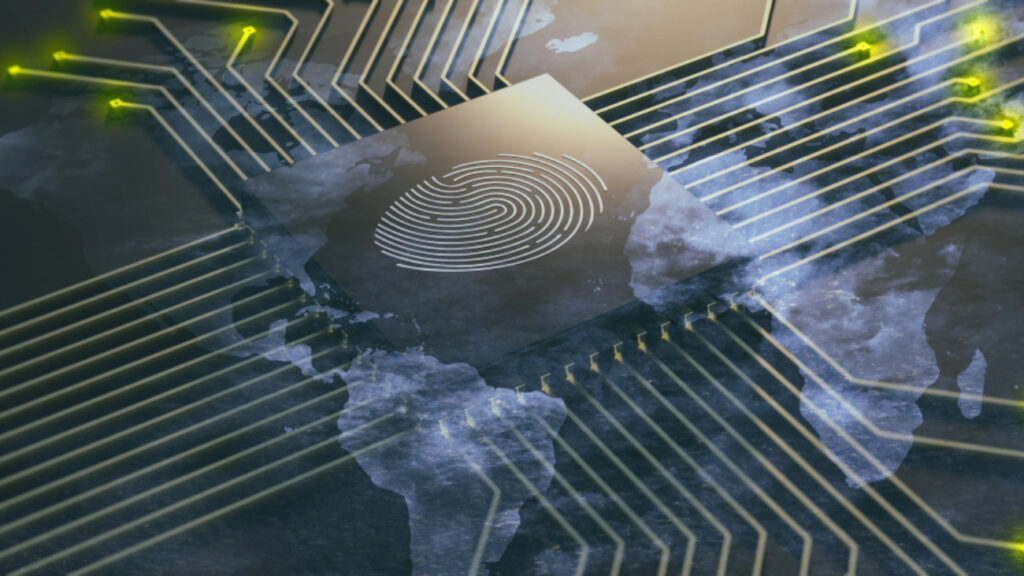Online platforms increasingly insist on genuine identity for admission, visibility, or money-making needs, and the demand for personal data is growing by leaps and bounds stated Bahaa Abdul Hadi. To prove their ‘real’ existence, everything from social media profiles to financial accounts now requires users to upload passports, mobile phone numbers, and even biometric data.
With ever more data breaches within corporations, systematic identity theft, and physical attacks against individuals, intelligent users as well as businesses find an alternative that does not make them dependent on others and their systems and which ensures the security of their identity and that they remain in control.
Instead of relinquishing control over your identity to gain access, you can use a first and foremost privacy-oriented method that guarantees both your privacy and your digital honor.
What does keeping certified without handing over your personal information mean exactly?
Staying verified without some personal identity leaking means using safe, privacy-preserving methods to assure the world that you are real. This could include new technologies such as decentralised ID systems, limited data exchange and company-based schemes of identity — all of which reduce your digitals risk.
All you hope for is that by keeping your personal privacy inviolate, trust, access and recognition online continue to accrue to you personally.
- Use Decentralized Identity Systems (DID)
Decentralized identity systems use blockchain technology to verify your credentials without leaving them on a central server. You control your data, only telling others what they need to know. For example, your age or nationality rather than the entirety of your identity card.
The leading players in this field today include ID.me, Microsoft Entra’s Verified ID and Spruce.
- Choose Verification Services Which Respect Your Privacy
Verification tools such as Civic, Jumio and AnonVerify can enable you to prove your identity in a secure way. These instruments often feature encrypted sessions, token-based validation, or biometric techniques which do not maintain a permanent record at any single platform of your data.
- Create an Official Business Identity
In place of confirming your personal account’s genuine existence, have a limited liability company (LLC) or other such entity set up. It can undergo verification under its business name while private data remains concealed and yet satisfies most platform confirmation requirements. For creators, freelancers, and entrepreneurs in particular, this difference is quite convenient.
- Look for Pseudonymous Verification Options
Now some platforms enable private confirmation, your identity is guaranteed behind the scenes but not made public. This pattern is especially prevalent among crypto platforms and confidential of more traditional online communities. It means you can have reliable credentials even while being unmasked.
- Use Multi-Factor Authentication (MFA)
MFA, though it does not fall literally within identity certification, probably demonstrates that a service is legitimate. On the other hand, it makes the verification process much less intrusive as well as indicating that you take securing your account seriously.
- Understand What Information They Truly Require
Many platforms ask for more than they really need. Before handing over anything to them, carefully check their privacy policy and terms. It might still be possible in most cases to avoid the privacy audit while taking full advantage of basic services.
Conclusion
In order to build trust online, we don’t have to sacrifice our privacy. With decentralized tools, privacy-first platforms, and intelligent identity management, we can now achieve online verification without giving away personal details. In a world demanding both accountability and security, the smartest choice is one that protects your identity and your peace of mind. The article has been written by Bahaa Abdul Hadi and has been published by the editorial board of Identity Herald. For more information, please visit www.identityherald.com.




